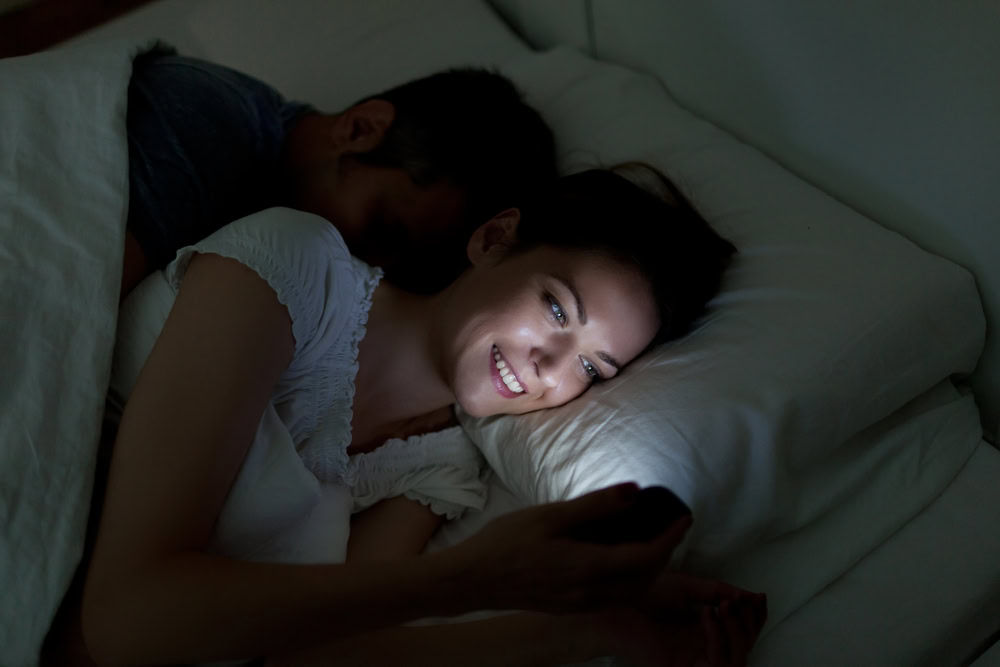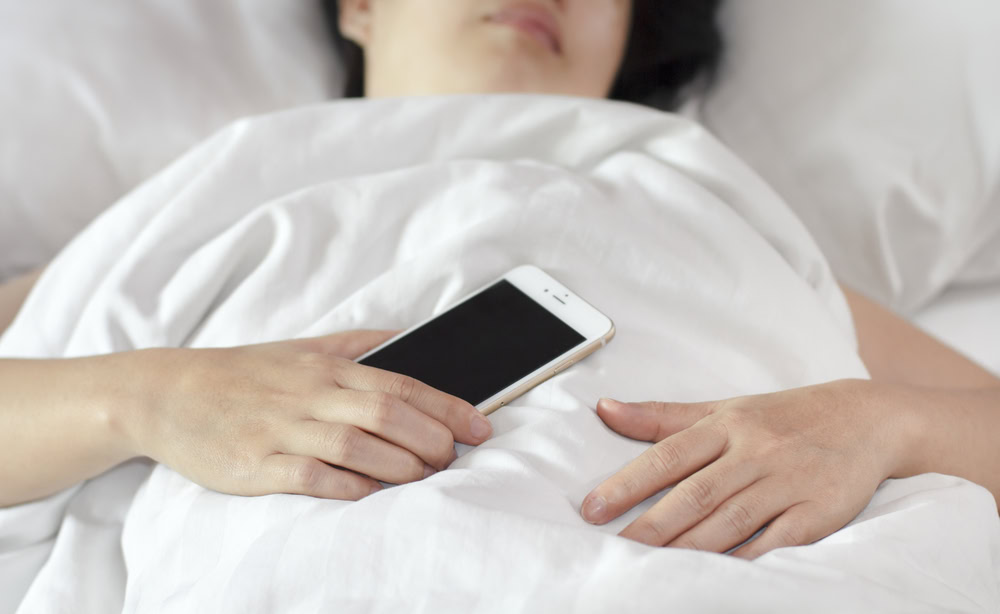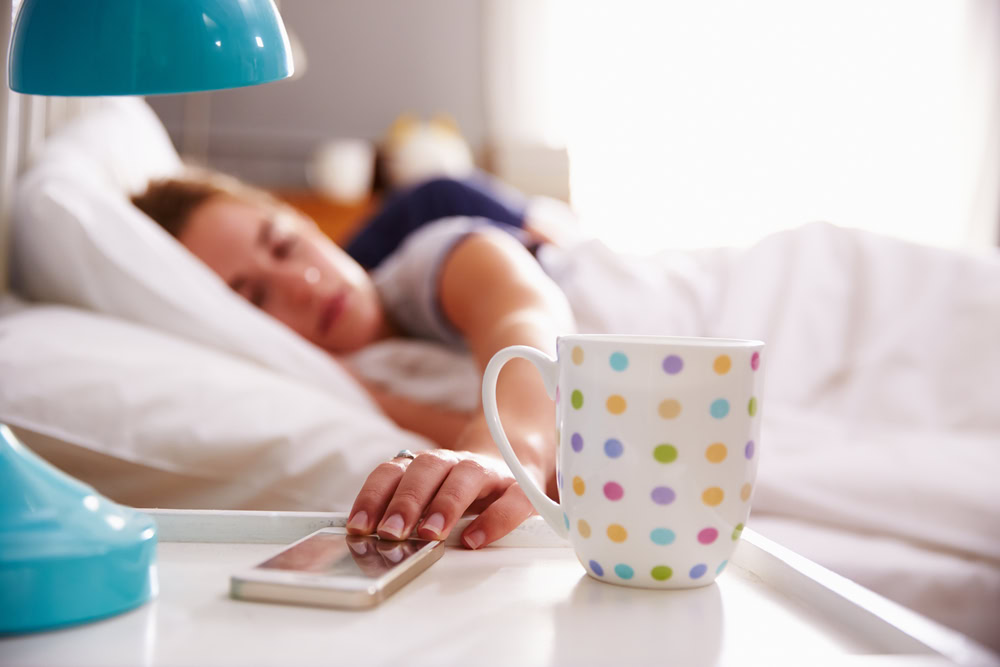Affiliate links on Android Authority may earn us a commission. Learn more.
Poor sleep? We can't entirely blame our smartphones for it

Smartphones have proven to be the best partners you can take to bed. They won’t sneak out in the morning and will keep you connected to everything that is awesome about life. In fact, a recent study from Bank of America corroborates that 71% of us sleep with our phones. Most people leave their gadgets on a night stand, but 13% of all surveyed users keep it on the bed, while 3% hold it in their hand throughout the night.
Is any of this hurting us? The rise of smart mobile devices has been rising a new concern in our communities. It is widely believed that insomnia and other sleep issues could be related to us staring at screens while in bed. The idea is that these smartphone screens emit large amounts of blue light, which fools our brains into thinking it’s day time, and hence, not time for sleeping. Many generations of evolution then kick in and suppress melatonin, the hormone that helps you control your sleep cycle. At least that is the cut-down, simplest explanation.

The spread of this new concern has led people to believe smartphones could be a main reason for poor sleeping, something that may not exactly be true. We are certainly not saying staring at a screen in bed won’t affect your slumber. It probably will, at least a bit, as this theory is backed by plenty of data and professionals. But a new study shows that those shiny screens are definitely not something worth staying awake worrying about all night. And they are not a main factor in sleep deprivation as a whole.
Jerome Siegel of UCLA and Gandhi Yetish of the University of New Mexico have published said study in Current Biology. It was simple to prove that smartphones are no big deal in terms of sleeping. These intellectuals simply had to compare us technology-advanced millennials to pre-industrial communities.

In this case, the groups of people included the Hadza of northern Tanzania, the Ju/’hoansi San of the Kalahari Desert and the Tsimané from Bolivia. None of these are exposed to artificial lighting from screens. In fact, these communities mostly consist of hunters and gatherers. 94 people volunteered to wear devices that record their movements and blood vessel constraint. Humidity and temperature monitors were also installed within their usual sleeping areas, in order to keep track of variables that may affect sleep.
After collecting 1,165 days worth of data, they found the average sleeping time in these groups was at about 6.5 hours a day. Meanwhile, industrial societies average at about 7.5 hours of sleep a night. This effectively proves that smartphones and other light-emitting technology are among the least of our concerns when it comes to poor sleeping.
Once again, this doesn’t mean all the other theories are not true, it just corroborates that there’s way too many factors that affect sleeping, our needs for it and how we incorporate this activity (or lack thereof) into our daily routines. Surely, we should be happy that our biggest worry when going to sleep is our smartphone, and not predators or other life-threatening things.
